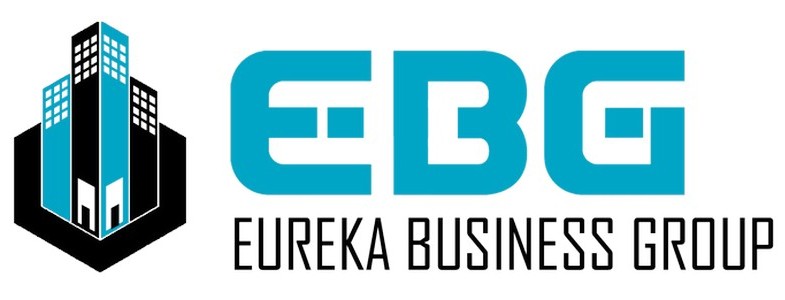- Home
- Retail
- Retail Investors Resources
- How To Spot Key Elements in a Commercial Lease: Hold Over in Commercial Leases
How To Spot Key Elements in a Commercial Lease: Hold Over in Commercial Leases
Everybody, Joseph Gozlan with Eureka Business Group. And today we continue our series about spotting key elements in your commercial lease. And today we’re going to talk about a very small section in the lease called holdover. And a lot of the tenants just fly by this. They don’t really pay attention.
And what does it mean? So your lease is going to have a term. It’s going to start at a certain date, end at a certain date. And when that date is done, your lease has expired, you’re supposed to be moved out. Unlike residential, where at the lease expiration, your lease turns into a month to month a lease.
In commercial, because it takes longer to lease, most of the time when we help our landlords to move it. Least their space. We’re going to start three months, four months, six months, depends on the space size before the expiration of the lease of the current tenant. If they told us they’re not going to renew
so if I’m starting to leave six months ahead of time, three months ahead of time and I’m working with prospects and I’ve already decided that, okay, this, prospect, this tenant is going to be good for us and we negotiate a lease and we say, okay, the current tenant is going to be moved out December 31st.
You can get the keys January 1st so you can get your contractors to start working. Remember, the clock starts ticking at the day that the contract signed. So everybody start either their free rent period or they start their construction period and we have to get things done. So if the tenant that is moving out is dragging their feet and they’re not releasing the keys on time, there could be consequences, legal consequences for the landlord, including damages and other failure to make their committed dates to the new tenant.
So all of those contracts, all the commercial leases that we have are going to have a clause that says what happens if the tenant stays beyond the expiration or the termination date of the lease.
So like I said, it’s not like residential. It does not turn into a month to month unless you have a special cost for that. Most of the time we’re going to see an increase in rent and that increase is going to be painful. It’s not going to be. Oh, you’re going to market rate or you’re going to 10 percent increase.
What we see in our standard forms that are supplied by our commercial association around here is a 50 percent increase. Rate increase in your basement. So if your basement was 10 a square foot now, it’s going to be 15 per square foot and then Beside the fact that your rate is going to increase by 50 percent You’re also going to be liable to the landlord for any damages that might be caused by the fact that you did not release So if the next tenant comes in and the next tenant is let’s say McDonald’s And the landlord does not meet commitments to a corporation the size of McDonald’s is going to sue the landlord and they’re going to because they’re incurring costs as well.
And it will come back to you, the tenant for not releasing the keys on time. So be very careful reading the contract to see exactly what it says. And if your contract says that you’re going to pay those penalties and you’re going to be liable, make sure you hand over your keys on time so that you won’t have to deal with this thing.
Now, as usual in these videos, we’re going to switch over and talk about the landlord side. Landlord, as I mentioned, this is a very critical clause for you.
Have to make sure you have a holdover clause and that it is pretty significant because that next tenant that is going to move into this could see you if you’re not delivering on time. Now it does not mean you cannot get to an agreement with the tenant at the end of the lease. If we haven’t found a new tenant and they’re not very urgent to move out, it can move to a month to month as an agreement.
But you have to make sure that you have everything to protect you because you can get sued by the next tenant by not delivering the keys on time. So it’s a very important clause for both sides. Landlord, make sure it’s there. Make sure it’s strong enough to protect you if anything happens . It’s a very small clause, but it’s a very important clause. So pay attention to the holding over clause in your contract. So that’s it for today. My name is Joseph Gozlan with Eureka Business Group.
We are a commercial brokerage from the Dallas Fort Worth market, and we specialize in retail. If you need help with retail in the Dallas market, we are your guys. We can help you lease, find a space, manage your property.
We do everything for retail. We are one stop shop and we can help you if you have any comments about this video or you have questions about other sections in the video. Contract that you’re about to sign or you’re about to give a tenant Give us a call or put a comment down below and we’ll be happy to respond to anything you have and create more videos Also, check out the other videos that we created in this series.
We’re covering all the key elements of commercial real estate leases Thank you everybody and we’ll see you soon

Joseph Gozlan, Managing Principal
Email: Joseph@EBGTexas.com
Direct: (903) 600-0616

